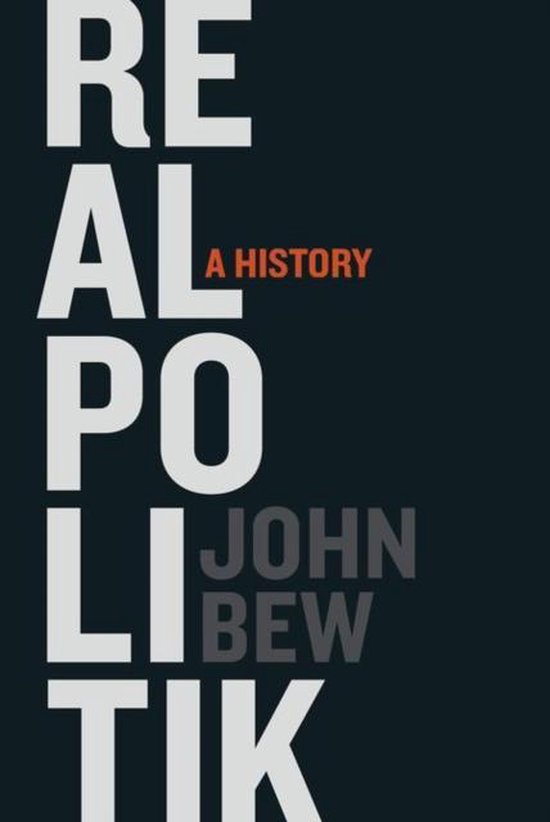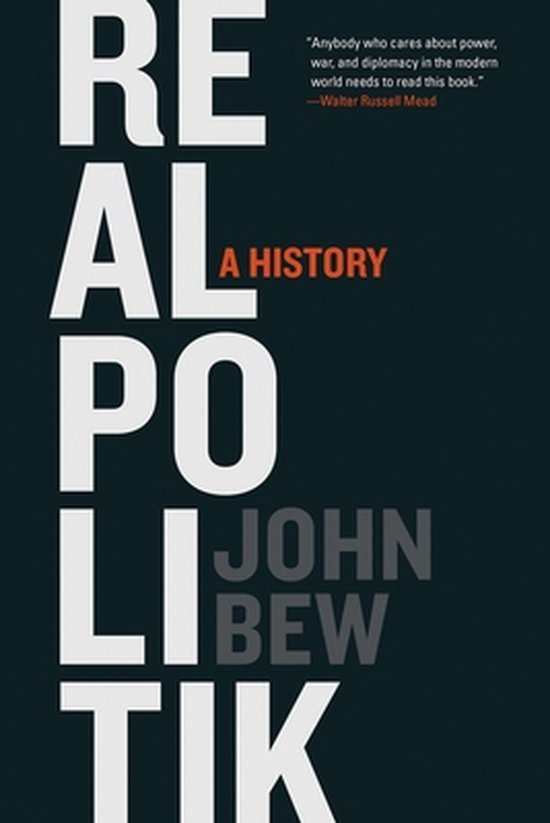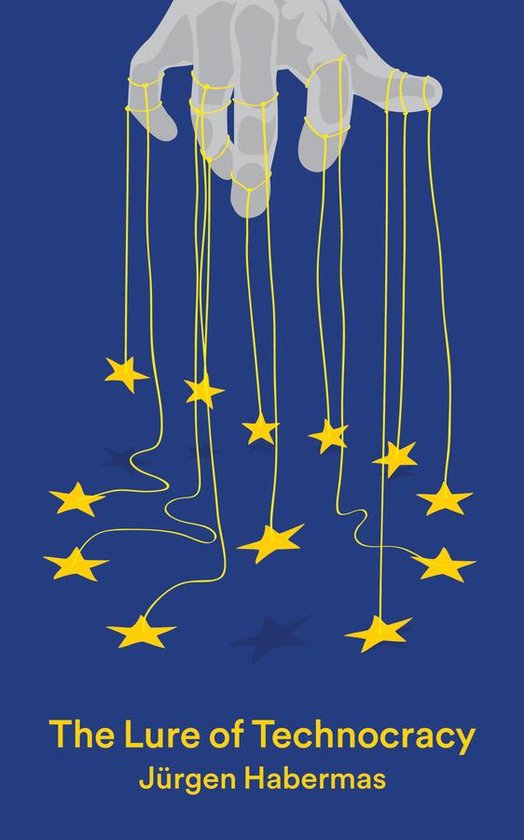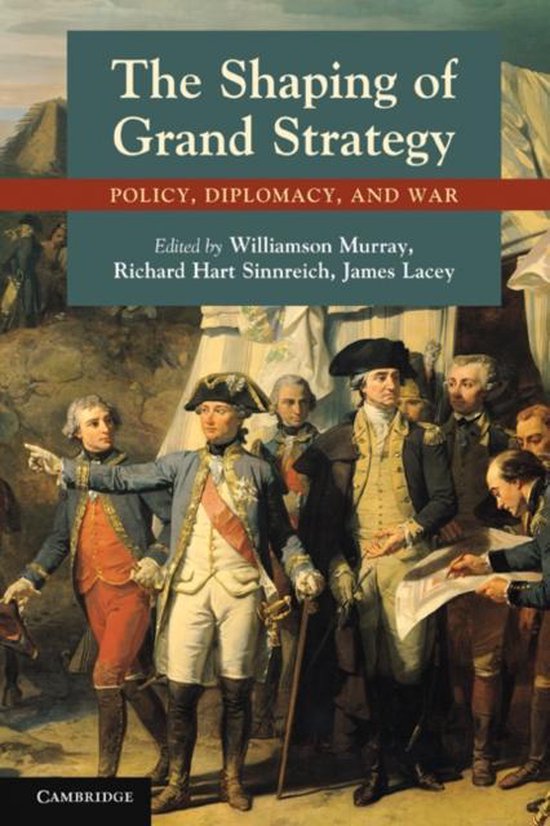
Realpolitik
A concise book on Realpolitik: its origins as an idea; its practical application to statecraft in the recent past; and its relevance to contemporary foreign policy.
Realpolitik is approaching its 160th birthday, though it has existed as a form of statecraft for centuries and is arguably as old as the conduct of foreign affairs itself. Associated with great thinkers from Machiavelli to Kissinger, it is deeply rooted in the history of diplomacy yet also remains strikingly relevant to debates on contemporary foreign policy in the Obama administration today. Despite the fact that Realpolitik has had something of a renaissance in recent years, however, it remains a surprisingly elusive notion, defying easy categorization. In this concise book, John Bew aims to address this gap, offering a history of the concept of Realpolitik in the English-speaking world: its origins as an idea; its practical application to statecraft in the recent past; and its relevance to the foreign policy challenges facing the United States and its allies in the future. Now most often associated with the conduct of foreign policy, Realpolitik has traditionally had pejorative connotations in the English-speaking world and sits uneasily alongside notions of "enlightenment," "morality" and "virtue." But it has also had its defenders, admirers and exponents, who regard it as the best tool for the successful wielding of political power and the preservation of global order. As such, Realpolitik has both successes and failures to its name, as Bew's comprehensive and even-handed overview displays. Bew begins by charting the evolution of the idea through the work of important thinkers or statesmen from Machiavelli, Cardinal de Richelieu, and Thomas Hobbes up through Carl Schmitt, Kissinger, and Dennis Ross. He then examines how Realpolitik has been evoked and operationalized in US and UK foreign policy during specific episodes in the twentieth century, looking at such cases as the overthrow of Iranian Prime Minister Mohammad Mosaddegh in 1953, and President Nixon's visit to the People's Republic of China in 1972 - often taken as the archetypal instance of Realpolitik in action. Bew then uses this historical platform to look forward to emerging foreign policy challenges in a changing, multi-polar, geo-political scene - in which Realpolitik and agile statecraft seems as important as ever. Suggesting that there is a uniquely Anglo-American version of Realpolitik, which reflects an attempt (not always a successful one) to reconcile Western ideological and moral norms with purely utilitarian conceptions of the national interest, Bew argues that a more accurate and sustainable version of Anglo-American Realpolitik is one that recognizes the draw Enlightenment values and ideas. Directed at a broader audience of current policy-makers, legislators and commentators with an interest in foreign affairs, this is a brilliant introduction to an important topic from one of the field's rising stars.
Realpolitik is approaching its 160th birthday, though it has existed as a form of statecraft for centuries and is arguably as old as the conduct of foreign affairs itself. Associated with great thinkers from Machiavelli to Kissinger, it is deeply rooted in the history of diplomacy yet also remains strikingly relevant to debates on contemporary foreign policy in the Obama administration today. Despite the fact that Realpolitik has had something of a renaissance in recent years, however, it remains a surprisingly elusive notion, defying easy categorization. In this concise book, John Bew aims to address this gap, offering a history of the concept of Realpolitik in the English-speaking world: its origins as an idea; its practical application to statecraft in the recent past; and its relevance to the foreign policy challenges facing the United States and its allies in the future. Now most often associated with the conduct of foreign policy, Realpolitik has traditionally had pejorative connotations in the English-speaking world and sits uneasily alongside notions of "enlightenment," "morality" and "virtue." But it has also had its defenders, admirers and exponents, who regard it as the best tool for the successful wielding of political power and the preservation of global order. As such, Realpolitik has both successes and failures to its name, as Bew's comprehensive and even-handed overview displays. Bew begins by charting the evolution of the idea through the work of important thinkers or statesmen from Machiavelli, Cardinal de Richelieu, and Thomas Hobbes up through Carl Schmitt, Kissinger, and Dennis Ross. He then examines how Realpolitik has been evoked and operationalized in US and UK foreign policy during specific episodes in the twentieth century, looking at such cases as the overthrow of Iranian Prime Minister Mohammad Mosaddegh in 1953, and President Nixon's visit to the People's Republic of China in 1972 - often taken as the archetypal instance of Realpolitik in action. Bew then uses this historical platform to look forward to emerging foreign policy challenges in a changing, multi-polar, geo-political scene - in which Realpolitik and agile statecraft seems as important as ever. Suggesting that there is a uniquely Anglo-American version of Realpolitik, which reflects an attempt (not always a successful one) to reconcile Western ideological and moral norms with purely utilitarian conceptions of the national interest, Bew argues that a more accurate and sustainable version of Anglo-American Realpolitik is one that recognizes the draw Enlightenment values and ideas. Directed at a broader audience of current policy-makers, legislators and commentators with an interest in foreign affairs, this is a brilliant introduction to an important topic from one of the field's rising stars.
| Auteur | | John Bew |
| Taal | | Engels |
| Type | | Hardcover |
| Categorie | | Mens & Maatschappij |





